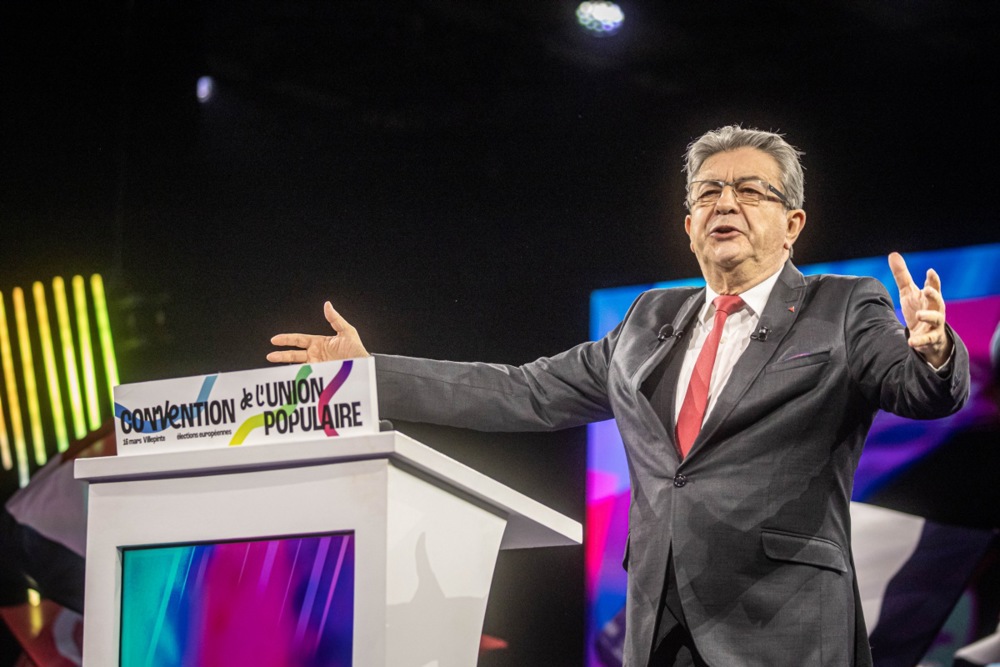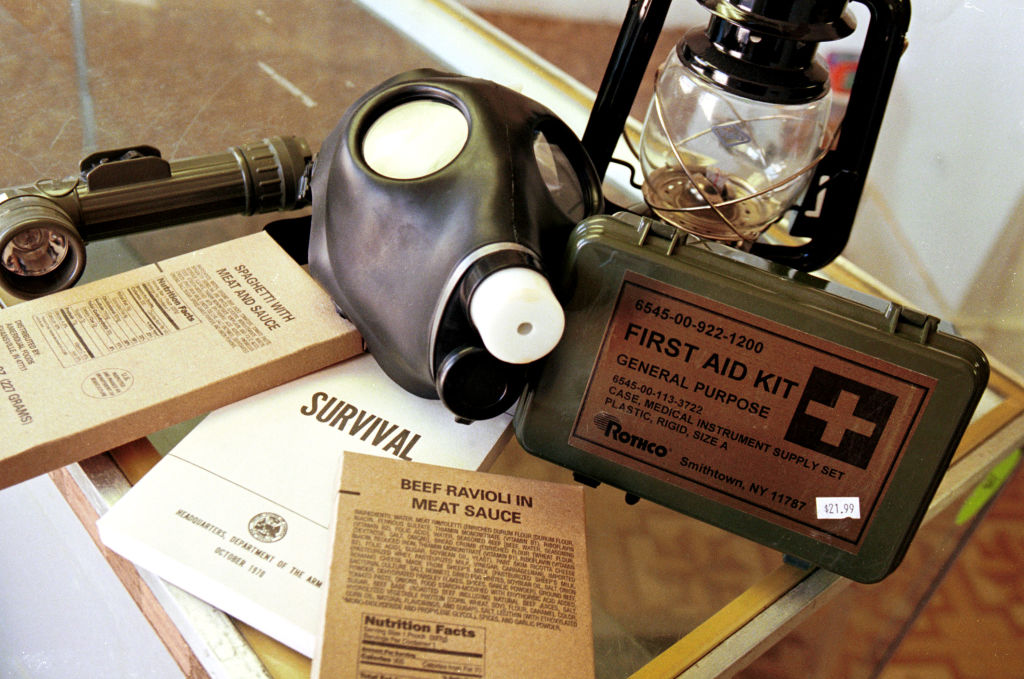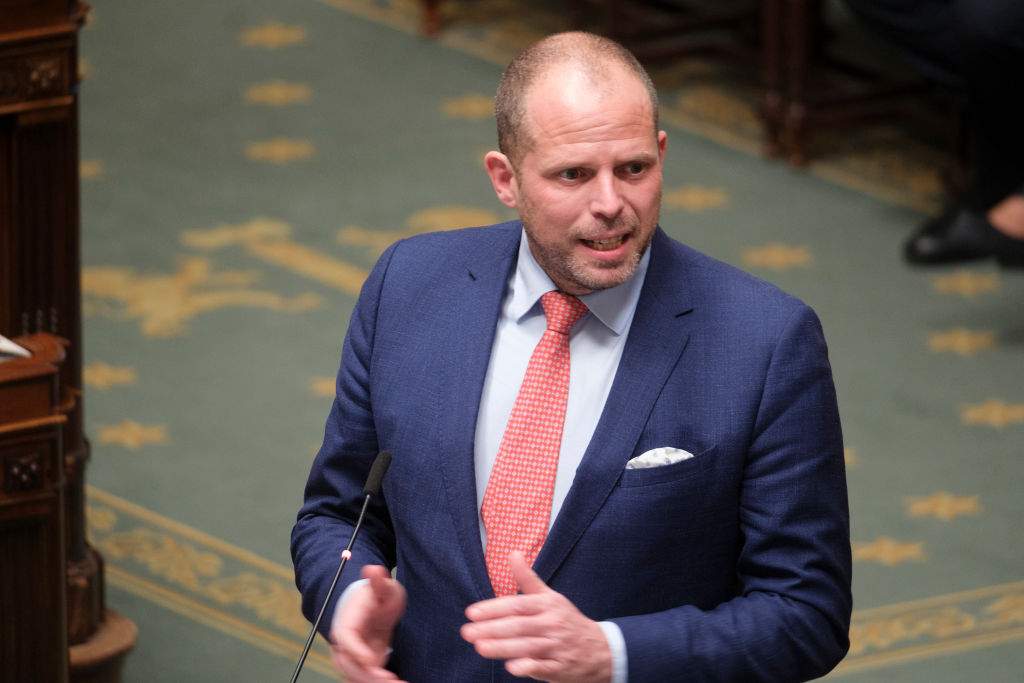“To be free in this world, you must be feared,” French President Emmanuel Macron declared on the eve of Bastille Day in Paris.
His comments on July 13 came as he announced a plan to bolster France’s military, pledging €6.5 billion in additional defence spending and an expansion of the army reserve.
Macron’s plan is to allocate an additional €3.5 billion to defence in 2026 and another €3 billion in 2027.
He set the stage for this investment by painting a picture of a world in turmoil: War in Europe, instability in Africa and the Middle East, rising authoritarianism and hybrid warfare across cyberspace and media.
The President warned of a world where freedom, democracy and even national unity were under siege and only strength could preserve them.
“The freedom of our Europe is at risk — with war brought to our soil through the invasion of Ukraine, while the United States has introduced a degree of strategic uncertainty, and Europe now finds itself bordering a vast arc of crisis from the Gulf of Guinea, across the Sahel, to the Middle East and Iran,” he said.
“When there are no more rules, the law of the strongest prevails.”
This was not the first time the President has warned of threats to justify policies. In March 2025, he addressed the French citizens about Russian aggression and the new geopolitical order, prompting criticism from both the Left and Right.
France’s defence budget has already increased sharply since Macron took power, rising from €32.2 billion in 2017 to €50.5 billion currently and was projected to reach €67 billion in 2030.
He stated that France’s military buildup would not increase national debt, claiming it would be funded through greater economic activity and production. He said he expected a “collective effort” by the entire nation to ensure “the defence of all French citizens”.
The spending announcement came amid pressure from the European Commission to impose more fiscal discipline.
More than a funding pledge, Macron’s speech laid out a vision for modernising France’s defence forces.
He warned that the country’s military could soon start losing its power.
“We still lead but we could fall behind if we don’t maintain momentum,” he said.
He emphasised expanding the army reserve, particularly by engaging the youth and prioritising technological innovation, including drones, cyber capabilities, artificial intelligence and more agile command structures.
The President also promised to review his civic-military programme, the so-called universal national service (SNU), by autumn.
The French Court of Audit has published a critical report on the Universal National Service, President Emmanuel Macron’s civic-military programme, highlighting what the court called significant issues in its management and financial planning. https://t.co/8k7taUYeVW
— Brussels Signal (@brusselssignal) September 16, 2024
On the same day, the Ministry of the Army’s Sébastien Lecornu also emphasised the role of the reservists, in an interview with newspaper La Tribune du Dimanche.
Lecornu said he wanted to see the French army gain in importance, relying in particular on reservists. He also called for enhanced skills for reservists. The goal being a “larger” and “hybrid” army in 2030, with “an active and reserve army”.
In France, reservists are civilians aged between 17 and 72 who commit between 10 and 120 days per year to the armed forces. Lecornu’s ambitions went beyond just numbers.
He told La Tribune that the goal was to build a “professionalised reserve” with “hardened skills” and “technical expertise”.
Reservists should not merely serve as substitutes for professional soldiers but be “fully integrated” across the entire range of military operations.
The broader vision is for a 2030 army with a “larger” and more “hybrid” structure, composed of both active-duty and reserve forces, Lecornu said.
France, though, was already struggling to align its ambitions with the necessary means.
Despite interest from civilians willing to join the reserve, administrative bottlenecks were slowing progress, with many candidates still awaiting responses.
Macron’s speech also sparked criticism from radical left-wing MPs, who questioned the direction and priorities of this military build-up.
“His deliberately alarmist speech, with its variable geometry in describing the international situation, further anchors France in preparing for war…” said Eric Coquerel of La France Insoumise (LFI).
“Among the dangers facing the world, not a word about climate change. This is not the France that the world and humanity need,” he added.
With these announcements, France has aligned itself with other European Union nations ramping up defence spending, strengthening military capabilities and preparing for the possibility of future conflict.
Britain aimed to increase its defence budget to 2.5 per cent of GDP by 2027 and to 3.0 per cent after 2029. Germany planned to reach a defence budget of €162 billion by 2029, equivalent to 3.5 per cent of its GDP, while Poland already dedicated 4.7 per cent of its GDP to defence.
“Are we prepared to face a high-intensity war on European soil within the next three to four years?” Macron asked.
“Yes — because we, the French, intend to remain free in the century to come.”
He concluded with a call to action: “So I say to everyone, take responsibility.”
French military and security officials have been warning of global threats weighing on France, with Chief of Defence Thierry Burkhard saying on July 11 that Russia posed a “durable” threat to Europe and that the Kremlin has made France a priority target.
Vilnius in Lithuania has unveiled an evacuation plan amid fears of a Russian invasion. https://t.co/OTDmMKuASj
— Brussels Signal (@brusselssignal) April 24, 2025





